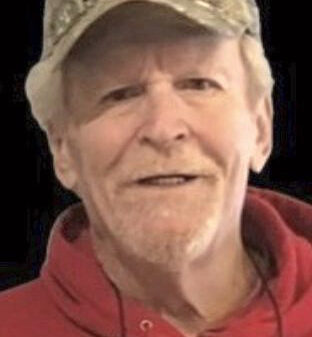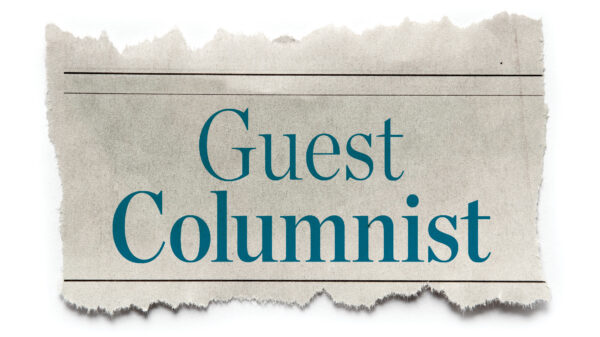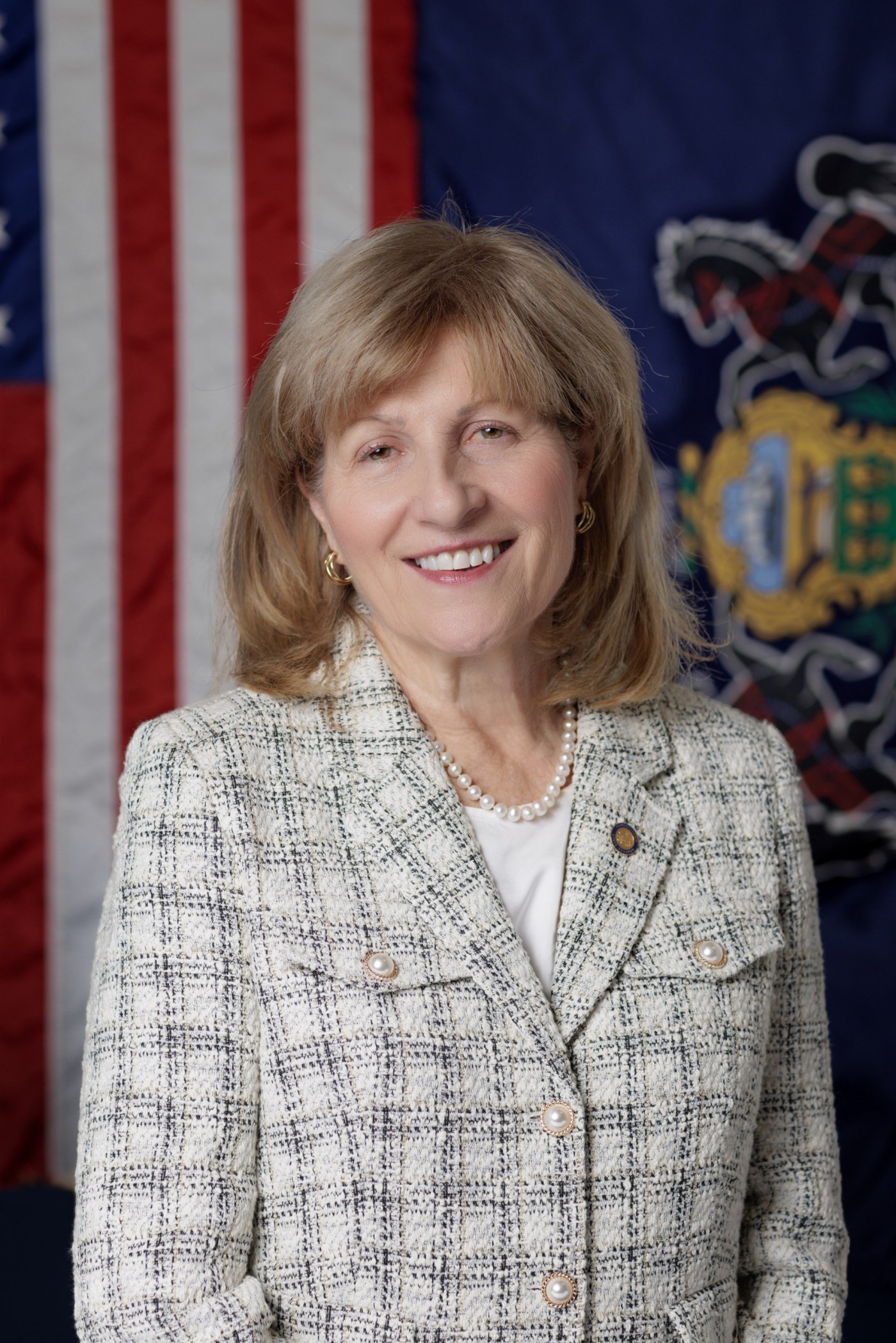The recent passage of a significant piece of legislation, often referred to as the “Big Beautiful Bill,” is set to bring substantial changes to essential programs relied upon by millions of Americans. Senator Judy Schwank, representing Pennsylvania’s 11th District, has raised concerns about the potential impact of these changes, particularly on vulnerable populations.
In her remarks, Schwank emphasized that many individuals, including neighbors, coworkers, and family members, will be affected by alterations to the Supplemental Nutrition Assistance Program (SNAP) and Medicaid. Approximately 2 million Pennsylvanians currently receive SNAP benefits, while 3 million are covered by Medicaid. In Schwank’s district, which has a population of around 260,000, more than 77,000 residents rely on Medicaid. The Pennsylvania Department of Human Services estimates that over 8,000 individuals in her district may lose their Medicaid coverage as a direct result of this legislation.
The bill introduces work requirements for Medicaid beneficiaries, a provision that Schwank argues could have detrimental effects. She points out that 64% of adults receiving benefits are already employed, while most of those not in the workforce are engaged in education, caregiving, or are disabled. “Should anyone be forced to choose between pursuing education and maintaining health insurance?” she questioned, highlighting the potential moral implications of the new requirements.
The challenges extend beyond individual beneficiaries. With Medicaid funding cuts, nursing homes, which rely on Medicaid for approximately 60% of their residents, may face closures, particularly in rural areas where options are scarce. Home care services are similarly strained, as Pennsylvania struggles to find qualified workers to meet growing demands. Schwank noted that these issues are not abstract; she hears firsthand accounts from constituents dealing with housing instability, food insecurity, and inadequate healthcare access.
Schwank criticized the federal government’s approach, suggesting that the bill fails to acknowledge the real challenges faced by communities. “Ignoring these challenges is not just unthinkable — it’s cruel,” she stated. While recognizing that issues within government programs are not new, she affirmed a commitment to providing a strong social safety net for those in need.
Highlighting local initiatives, Schwank praised organizations such as Mitzvah Circle, a nonprofit that tailors assistance to families’ specific needs. They engage with families to deliver essential items directly to their homes, ensuring that resources are both relevant and timely. For instance, a single mother might receive formula, diapers, and clothing in the right sizes for her baby.
Additionally, Schwank joined the Tower Health Street Medicine team, which provides medical care and essential supplies to homeless individuals. Their approach emphasizes follow-up care and connections to long-term services, showcasing a model of compassionate healthcare delivery.
Another example of effective local support is Helping Harvest, a food bank that has opened a community kitchen to prepare nutritious meals for seniors who are unable to cook for themselves. This initiative maximizes food donations while ensuring that vulnerable populations have access to ready-to-eat meals.
In light of these community-driven solutions, Schwank expressed hope that the federal government could learn from local practices to better serve its citizens. “Wouldn’t it be something if the federal government took a page from our playbook?” she concluded, calling for a more responsive and empathetic approach to service delivery that prioritizes the needs of those most affected by policy changes.





































































